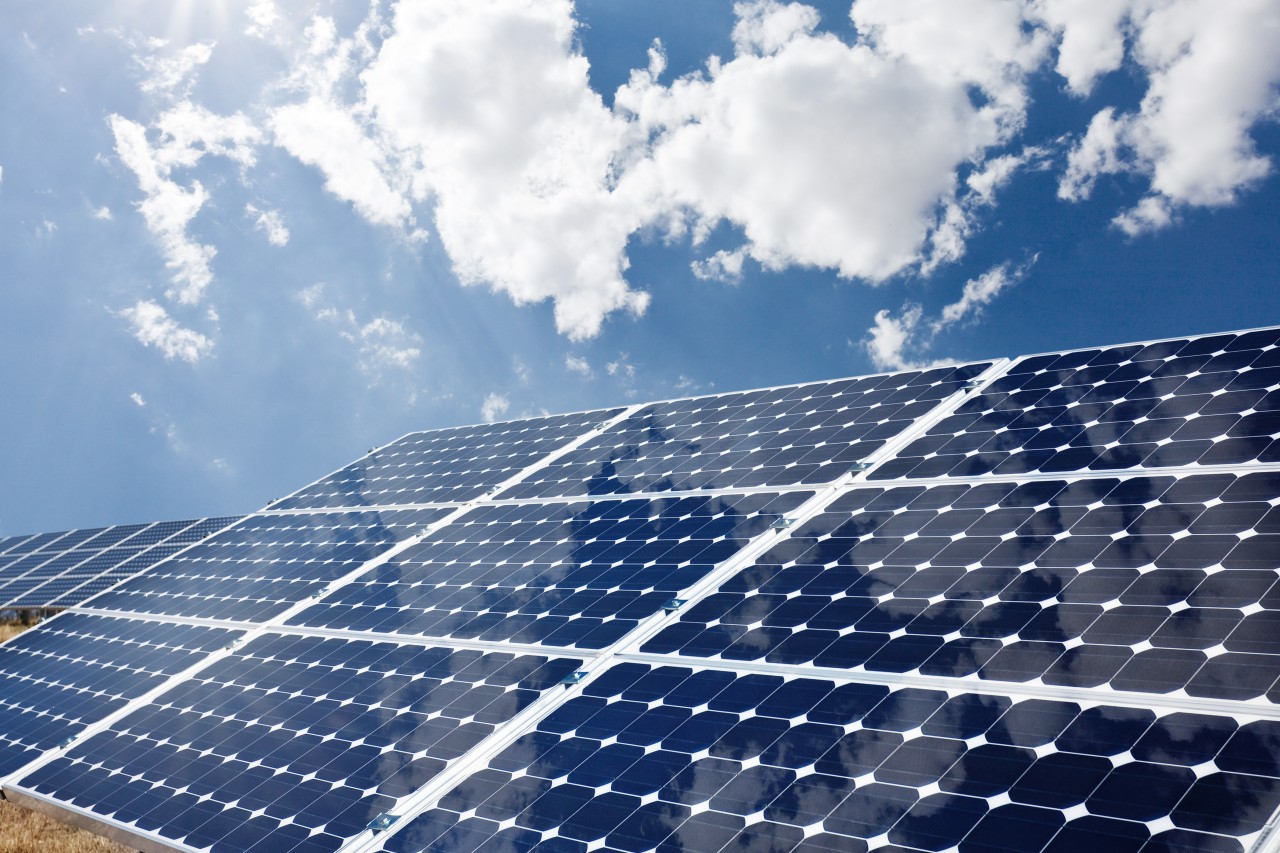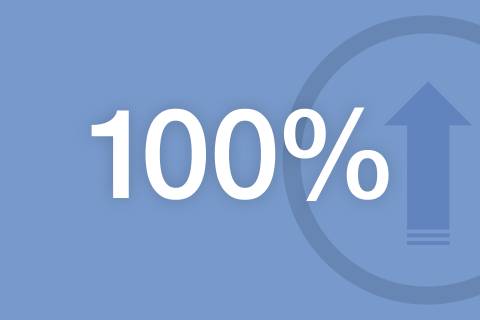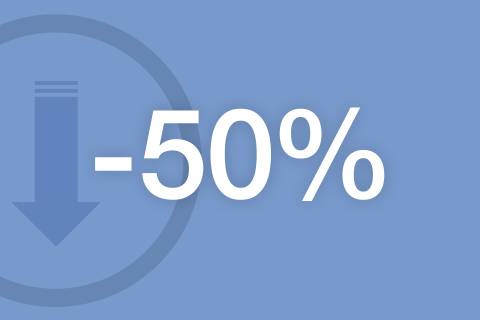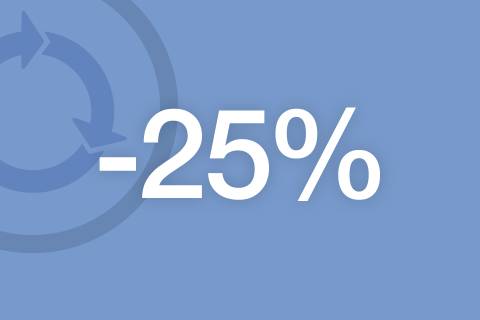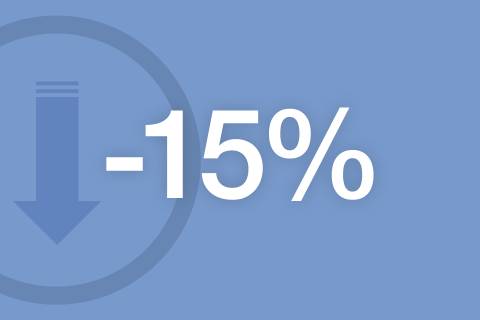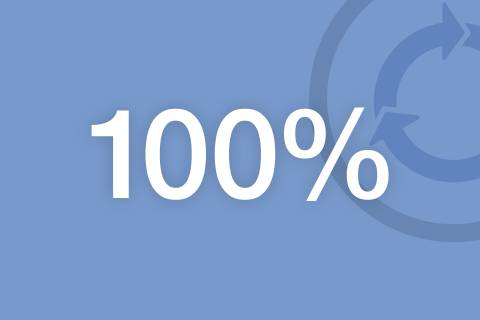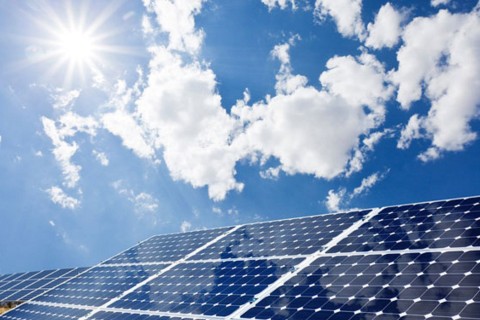50% decrease in greenhouse gases by 2030
Net-zero by 2045
15% reduction in specific water withdrawal by 2030
25% drop in emissions relating to upstream products by 2030
15% drop in specific energy consumption by 2030
We Lead the Way.
WACKER is setting itself new, ambitious goals to achieve net-zero in 2045. The new goals to cut greenhouse gases are science-based targets. In other words, they are consistent with the goal of keeping the global rise in temperature below 1.5 degrees Celsius and therefore comply with the Paris Agreement. WACKER has joined Race to Zero, the UN’s carbon neutrality initiative. We are thus voluntarily committing to the 1.5-degree target and undertaking to issue transparent progress reports on our course toward net-zero.
2030 is a key milestone on our way to meeting this goal. That’s why we’ve set ourselves even more ambitious sustainable development goals:
WACKER Products to Combat Climate Change
Thermally Conductive Specialty Silicones for Electric Vehicles
Most experts agree that the next generation of cars will be electric. The advancement of electromobility is at the top of the automotive industry’s agenda. Various obstacles need to be overcome, however, before electric cars can be mass-produced. A key aspect is how to protect sensitive automotive electronics from overheating.

Dispersible Polymer Powders for Wall Paints
Thanks to their low weight and space-saving packaging, polymer binders for wall paints in powder form reduce CO2 emissions during shipment.

WACKER City
Visit our WACKER City and set off on an exciting journey of discovery. Our products can be found in solar modules, cars and building materials, not to mention a great many everyday objects and consumer goods. Take a stroll through the multifaceted world of WACKER’s sustainable solutions.

Dispersions and Dispersible Polymer Powders in Thermal Insulation Systems for Buildings
WACKER and Dubai Municipality demonstrate energy-saving, internationally standardized construction technologies in action with two model houses.

Polysilicon, the Most Important Raw Material for Solar Modules
Quartz is the starting material for the production of hyperpure polysilicon, the most important raw material for photovoltaics. Between quartz and hyperpure polysilicon lie not only a number of highly complex working steps that are, technically speaking, extremely sophisticated – but also, in the case of WACKER,…
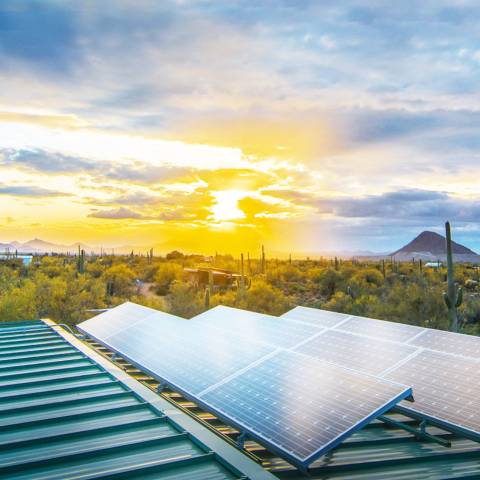
Certified Alternative
In VINNAPAS® eco dispersible polymer powders, WACKER is now offering polymers that are based on acetic acid derived from wood waste.

The Silicone Sealant That Conserves Fossil Resources
With ELASTOSIL® eco, sustainable building is possible across the entire life cycle – from production right up to the finished building.
Adhesives Are What Make Wind Power Possible
the rotor blades – as much as 80 meters long in newer on-shore wind turbines – consist of two half-shells bonded firmly together with reinforcement elements, known as shear webs. These adhesive bonds are capable of transmitting the powerful forces that arise during turbine operation.
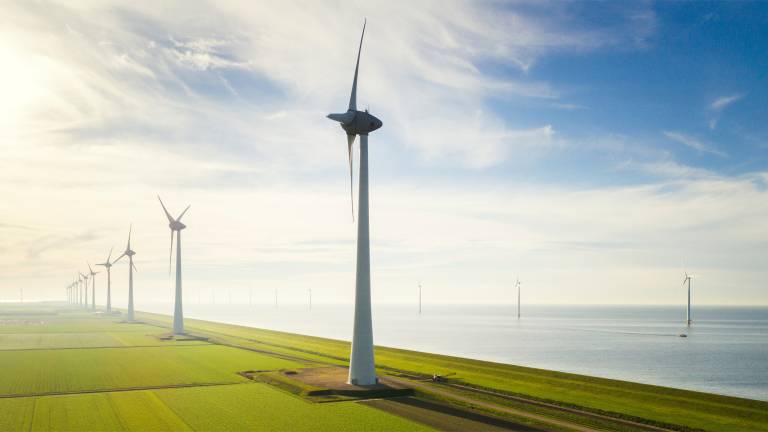
Specific Measures and Projects by 2030

Silicon Metal
WACKER is adopting specific projects and measures to meet its new goals. For instance, the company is performing feasibility studies on the extent to which its Norwegian site in Holla can substitute sustainably generated charcoal for the coal currently used in silicon-metal production there. WACKER sees such a move as an important lever in significantly lowering its carbon footprint. Other options available to the company so as to achieve even more sustainable silicon-metal manufacturing processes include the use and storage of carbon and the increased use of hydroelectric and wind power in order to meet the site’s electricity demand.
Silicon metal is a key raw material for producing silicones and for polysilicon, which is used to make solar cells and semiconductor devices. The quantities produced in Holla cover roughly a third of WACKER’s annual demand.
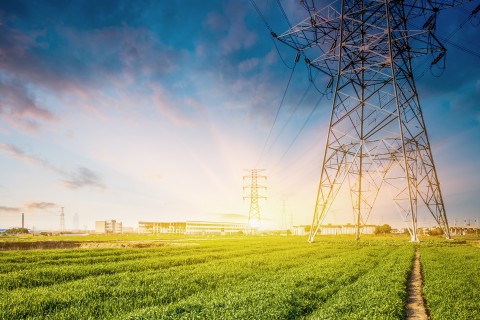
Electrification
WACKER regards the systematic electrification of its production processes as essential if further progress is to be made in the decarbonization of its manufacturing base. We are already in a very good starting position in this respect. 60 percent of WACKER’s production processes are already electrified – a much higher figure than in many other chemical companies.
“As one of the world’s leading manufacturers of specialty chemicals and polysilicon, we play a major role in the energy transition and in reducing the impact of climate change. Products that enable our customers to bring climate-friendly and resource-efficient products onto the market already make up about two thirds of our portfolio. In the coming years, we intend to significantly expand our portfolio of particularly sustainable products, and make considerable efforts to defossilize our production. We consider that this holds significant potential for our business success.”
Dr. Christian Hartel, President & CEO of Wacker Chemie AG
Our sustainability strategy in detailPolitical communication at WACKER
As a globally active company, WACKER is part of society and contributes to sustainable solutions for the challenges of our time. In doing so, we maintain regular contact with various stakeholders - including politicians.
Regarding our involvement in the political arena, we have formulated binding rules in line with our corporate governance. WACKER Communications' political communication follows ethical principles and is subject to both legal regulations and internal specifications. It forms an integral part of responsible corporate management.
Sustainability library
Non-Financial Statement (Facts & Figures)
Responsible Care
(PDF 356.7 KB)
Global Compact
Sustainability Factsheet: Supply Chains
(PDF 216.2 KB) - english
Whistleblower Hotline
Certificates
Sustainability Factsheet: Sustainable Products
(PDF 389.6 KB) - english
Sustainability Factsheet: The Sustainable Development Goals (SDGs)
(PDF 265.3 KB) - english
WACKER Tax Policy
(PDF 158.4 KB)
Factsheet Sustainability: Strategy and Roadmap
(PDF 2.2 MB) - english
Sustainability Factsheet: Climate Protection
(PDF 220.2 KB) - english
Circular Economy Fact Sheet 2023
(PDF 524.2 KB) - english
Sustainability Factsheet: Life Cycle Assessment (LCA)
(PDF 123.3 KB) - english
The Mass Balance Approach at WACKER
(PDF 486.8 KB) - english
CDP Climate Change 2024 - Questionnaire
(PDF 2.0 MB) - English
Sustainability Factsheet: Integrated Production
(PDF 113.8 KB) - english
Sustainability Factsheet: Energy Management
(PDF 332.5 KB) - english
Sustainability Fact Sheet Waste Management
(PDF 413.9 KB) - english
Sustainability Factsheet: Water Management
(PDF 1.8 MB) - english
Sustainability Factsheet: Light Emissions
(PDF 347.3 KB) - english
Our Position on REACH
Policy: Environment & Energy, Health, Safety & Product Safety
(PDF 1.5 MB) - English
Code of Conduct
Supplier Code of Conduct
MSA Statement
(PDF 133.5 KB)
Sustainability Factsheet: Employee and Human Rights
(PDF 139.3 KB) - english
Sustainability Factsheet: Animal Welfare
(PDF 85.3 KB) - english
WACKER's Position on "Conflict Minerals"
(PDF 166.9 KB) - english
Sustainability Factsheet: Supply Chains
(PDF 216.2 KB) - english
You’d like to find out more?

Contact
We would be happy to assist you with any questions you may have concerning sustainability at WACKER.
Send a message




